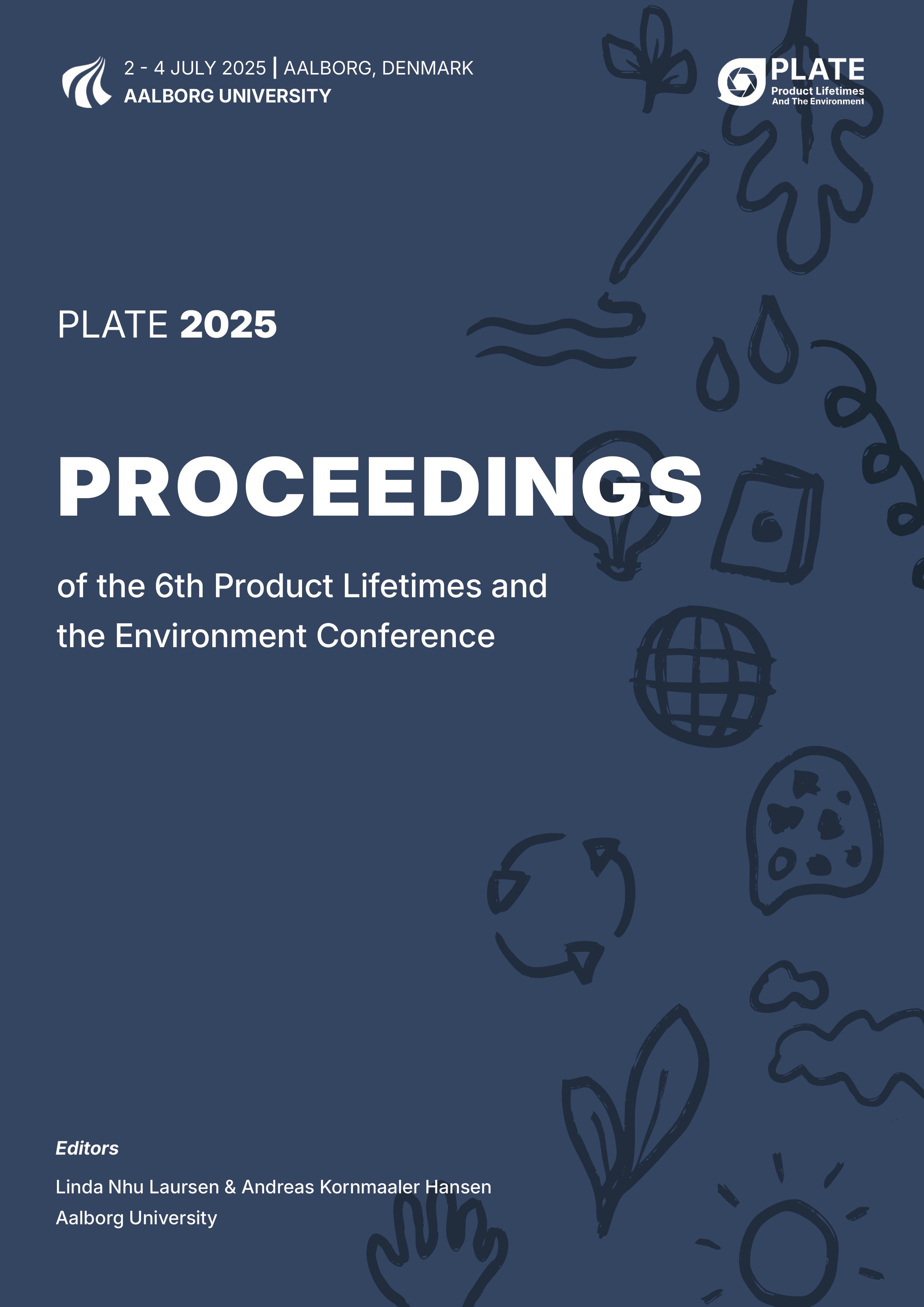Entrepreneurship and Waste Management
Cultivating Sustainable Solutions Through Education
DOI:
https://doi.org/10.54337/plate2025-10443Keywords:
Waste management, Entrepreneurship, Environment, Sustainability, Innovation, SocialAbstract
This paper examines the critical intersection of waste management and entrepreneurship within the context of sustainability-focused education, emphasizing the importance of integrating these themes into academic curricula to address pressing global environmental challenges. As the world grapples with issues such as resource depletion, excessive waste generation, and unsustainable business practices, the transformative role of education becomes increasingly evident. This study highlights how equipping students with the knowledge, skills, and entrepreneurial mindset to innovate for sustainability can serve as a powerful catalyst for change.
The paper proposes a multidimensional pedagogical approach that combines theoretical understanding with practical application, fostering critical and innovative thinking. The paper also explores the role of experiential learning methodologies, such as problem-based learning, design thinking, and value co- creation, in fostering collaboration across disciplines and engaging stakeholders. By doing so, it seeks to prepare the next generation of environmentally conscious entrepreneurs capable of addressing waste management challenges while contributing to a more sustainable future.
References
Del Vecchio, P., Secundo, G., Mele, G., Passiante, G., 2021. Sustainable entrepreneurship education for circular economy: emerging perspectives in Europe. International Journal of Entrepreneurial Behavior & Research. 27(8): 2096-2124. https://doi.org/10.1108/IJEBR-03-2021-0210
Ellen MacArthur Foundation. (2017). A New Textiles Economy: Redesigning Fashion’s Future”.https://www.ellenmacarthurfoundation.org/a-new-textiles-economy
Oliveira Silva, W.D., Morais, D.C. (2022). Impacts and insights of circular business models’ outsourcing decisions on textile and fashion waste management: A multi-criteria decision model for sorting circular strategies. Journal of Cleaner Production. https://doi.org/10.1016/j.jclepro.2022.133551
Albhirat, M.M., Rashid, A., Rasheed, R., Rasool, S., Zulkiffli, S.N.A., Zia-Ul-Haq, H.M., Mohammad, A.M. (2024). The PRISMA statement in enviropreneurship study: a systematic literature and a research agenda. Cleaner Engineering and Technology. https://doi.org/10.1016/j.clet.2024.100721
Salinas-Navarro, D.E., Mejia-Argueta, C., Montesinos, L., Rodriguez-Calvo, E.Z., (2022). Experiential learning for sustainability in supply chain management education. Sustainability 14 (20)
Re, B., Magnani, G. (2022). Value co-creation in circular entrepreneurship: An exploratory study on born circular SMEs. Journal of Business Research. 189-207. https://doi.org/10.1016/j.jbusres.2022.03.090
Wicaksono, t. (2025). Green entrepreneurship: transforming challenges into profitable solutions. jurnal pengabdian dan kewirausahaan, 9(1).
Hirvonen, R., & Johansson, M. (2025). Integration of Environmental Sustainability in Startups Business Models?: A qualitative study on startup companies in the clean technology industry in Sweden (Dissertation). Retrieved from https://urn.kb.se/resolve?urn=urn:nbn:se:hig:diva-46428




